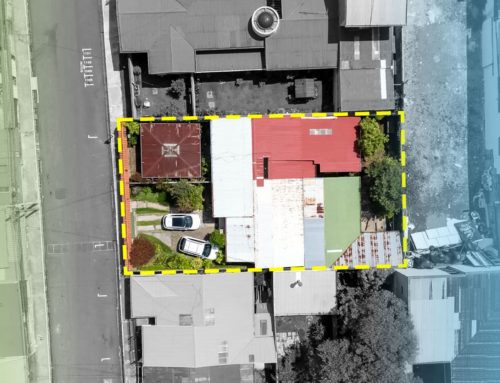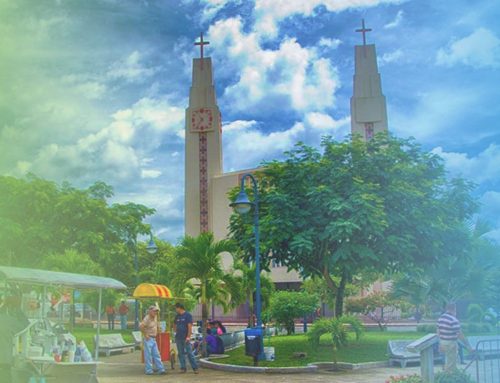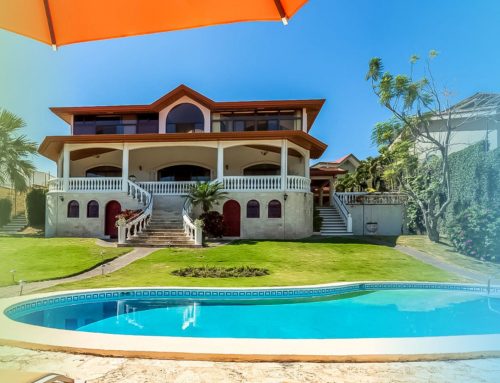Airbnb is an application that allows temporary rentals anywhere in the world, and in Costa Rica it is an excellent way to monetize properties and generate income. However, there are certain legal obligations that must be met. Knowing the rules will help you avoid penalties and keep your business in order.
In this article, you will learn about the legal aspects you should consider when operating an Airbnb in Costa Rica.

Legal obligations of Airbnb in Costa Rica
1. Registration and municipal permits for Airbnb
When you start an Airbnb or tourist rental business, you must first register as a business with the municipality in your community. This includes the process of obtaining a business license, which regulates economic activity in your area. Keep in mind that some municipalities require prior inspections to ensure that the property meets minimum safety and health requirements.
2. Tax return and payment
If you earn income from Airbnb, you are required to pay taxes in Costa Rica. You must register as a taxpayer with the General Directorate of Taxation and pay the 13% Value Added Tax (VAT) that applies to tourist rentals. In addition, you must include this income in your annual income tax return. If you are not familiar with tax procedures, you can work with an accountant to avoid mistakes in your declarations.
3. Compliance with the General Law of Tourism
The Costa Rican Institute of Tourism (ICT) regulates tourism activities in the country. Although it is not mandatory to register as a tourism company, it can increase your credibility as an Airbnb. However, always remember to offer the best conditions of adequate safety and a high standard of service quality.
4. Condominium or community rules
If your property is in a condominium, remember to check the rules. Some condominium associations have restrictions on the use of units for short-term rentals. Avoid legal conflicts with the condo board or your neighbors.
5. Liability and Insurance
Remember, as a host, you are responsible for the safety of your guests during their stay. Purchasing insurance can protect you in the event of an accident or property damage. Also, check the coverage offered by Airbnb to make sure it meets your specific needs.
Running an Airbnb in Costa Rica can be an excellent investment, especially if you follow your legal obligations to operate your tourist property. Remember that staying compliant with permits, taxes and regulations can help you avoid penalties, in addition to providing a safe and reliable experience for your guests.
And if you are interested in starting your own Airbnb, Nativu Costa Rica has a wide catalog of properties ready to operate as Airbnb as they have permits for tourist use; even several with previous tourist operations. Visit our catalog of properties and find the one that fits your needs.








